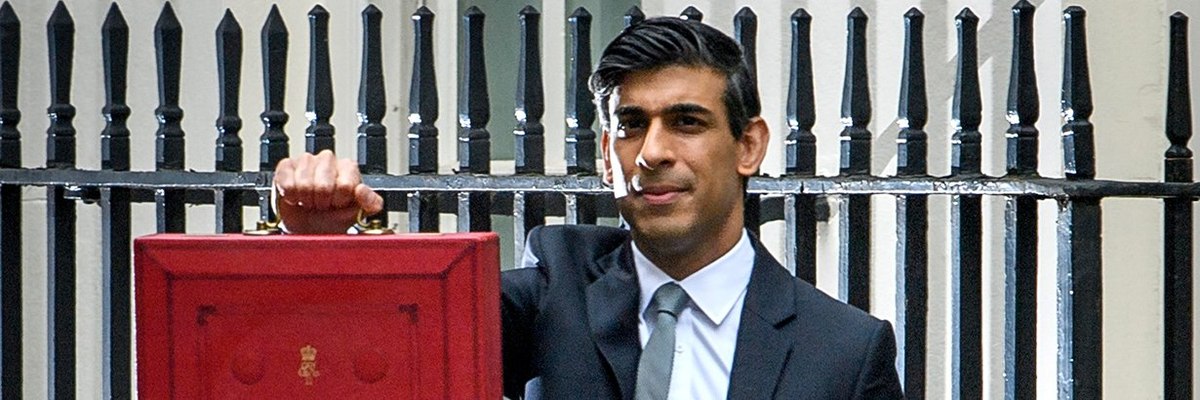Many Britons are still making up their minds on the overall package, but there is strong support for furlough and corporation tax measures
Rishi Sunak’s Budget, delivered earlier today, is the first indication of how government’s plans to repair the damage to the public finances caused by the coronavirus pandemic.
The chancellor announced a host of measures to support businesses and workers – such as an extension to the furlough scheme, extension of grants for the self-employed and keeping the reduced 5% VAT rate for hospitality – but also announced a freeze both in the personal allowance and in income tax thresholds. Sunak also said that from 2023, corporation tax will rise from 19% to 25% for businesses with profits over £250,000, with those with profits £50,000 and below staying at 19% and those in between on a tapered rate.
A snap YouGov poll, launched as soon as the chancellor finished speaking, shows Initial reaction to the Budget is overwhelmingly positive – although there are very high numbers of “don’t know” responses (42%), unsurprising at this early stage.
Nevertheless, by more than four to one, the public backs the Budget. More than four in ten (46%) Britons say they support the measures outlined today, compared to 11% who oppose.
Two thirds of Conservative voters are supportive of the Budget (66%), but it also garners support from Labour voters, by 38% to 18%.
Measures on the furlough scheme and corporation tax are welcomed
When it comes to specific measures in the budget, the extension of the furlough scheme to September is also widely welcomed. Half (49%) of Britons approve of the scheme lasting until about this time – just 16% think it should be ended earlier. A further 14% want to see the scheme in place for longer still, with Labour voters more likely to feel this way than Conservatives (19% vs 8%).
There is also widespread support for the move to increase corporation tax rates to 25% on profits over £250,000 by 2023. Around two thirds of Britons back such a move 69%, with similar levels of support among Conservative voters (76%) and Labour voters (73%).








